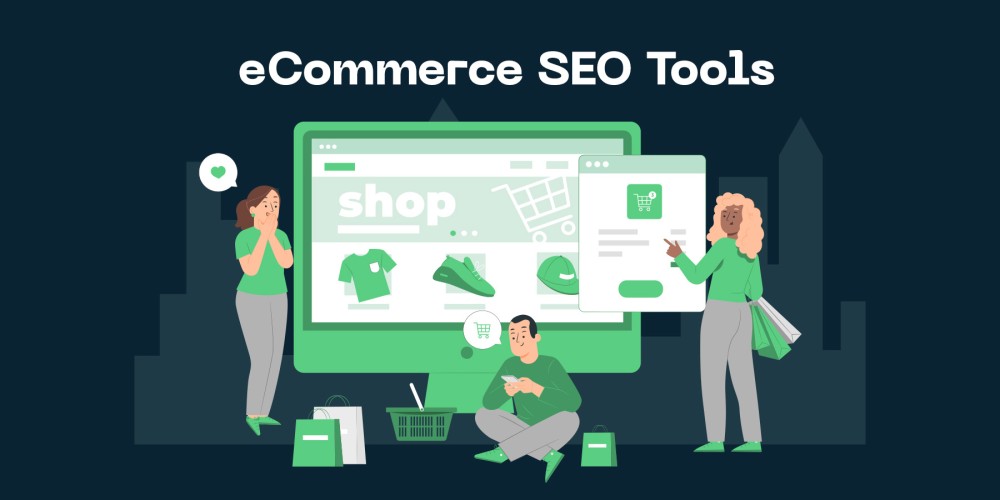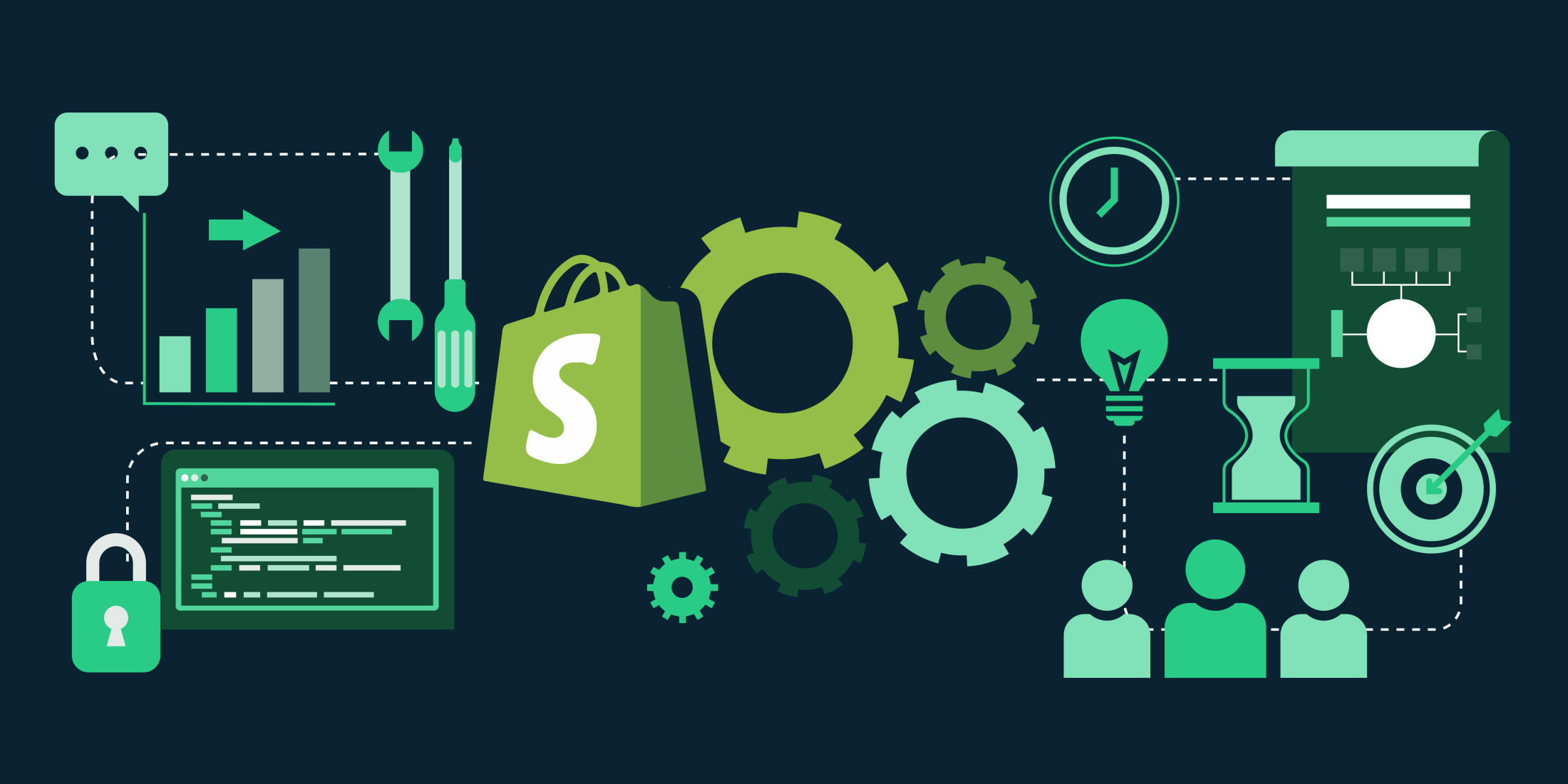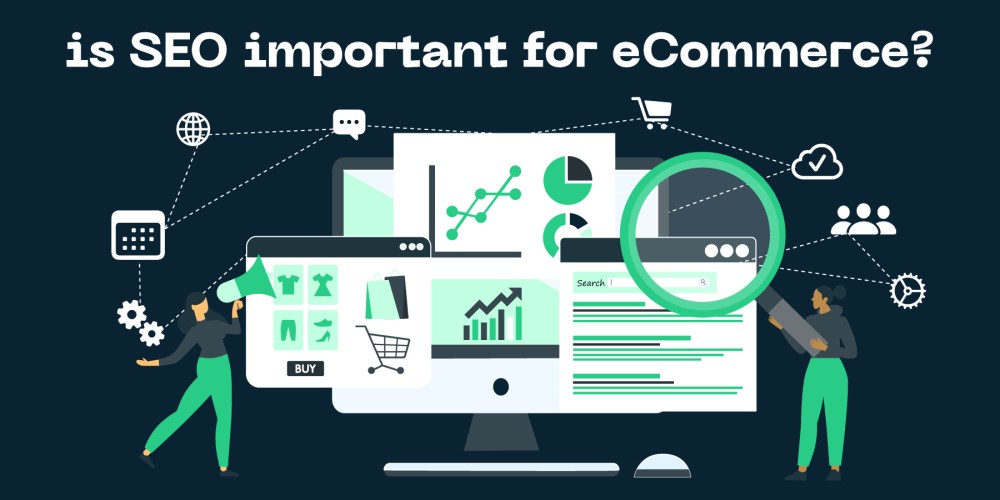Best Ecommerce SEO Optimization Tools in 2025

Key Takeaways
- ConvertMate is the leading SEO tool for Shopify in 2025, offering hands-off automation, AI-powered content, and real results—up to 84% traffic growth in 4 months.
- Semrush and SE Ranking provide all-in-one SEO dashboards for multi-platform ecommerce brands looking to manage everything in one place.
- Ahrefs and Moz Pro dominate in backlink and authority tracking, helping businesses scale domain strength and outperform competitors.
- Ubersuggest remains a top choice for solo founders and budget-conscious brands, delivering essential SEO features with beginner-friendly simplicity.
In 2025, ecommerce isn’t just growing—it’s accelerating like never before. With AI-first algorithms, hyper-personalized search results, and more brands fighting for fewer organic clicks, getting seen online has never been harder… or more important.
But here’s the good news: SEO is still the one growth lever you actually own. No ad budgets. No bidding wars. No guesswork. Just a smart, scalable strategy that brings in qualified traffic around the clock.
And this blog? Think of it as your cheat sheet. We’ll break down the best ecommerce SEO tools of the year—what they do, who they’re for, and why they’re worth your time. Starting with the platform built for Shopify merchants: ConvertMate.
What Makes a Great Ecommerce SEO Tool in 2025?
A decade ago, SEO tools gave you data. In 2025, they give you decisions.
The best tools today don’t just collect numbers—they act. Here’s what separates the good tools:
- Automation that saves time: From meta tags to internal links, top tools do the heavy lifting so you can focus on strategy, not manual work.
- Insights that drive action: Real recommendations. Real-time updates.
- Seamless ecommerce platform integration: Especially with Shopify, because you don’t have time to mess with complicated setups.
- Integrated AI: The best tools use machine learning to improve outcomes, not just decorate dashboards.
Top Ecommerce SEO Tools in 2025
1. ConvertMate
Who it’s for
eCommerce merchants looking to automate and scale their SEO without lifting a finger.
ConvertMate is purpose-built for ecommerce. It doesn’t just analyze—it acts. Every feature is engineered to eliminate manual work and accelerate SEO performance across product, collection, and content pages.
Key Features
- AI-driven keyword research and clustering using live GSC + third-party data
- Auto-optimization of titles, meta descriptions, alt text, and custom fields
- AI-generated blogs and content calendars for topical authority
- Smart internal linking through real-time anchor analysis
- Continuous audits and live SEO score monitoring
2. Semrush
Who it’s for
Advanced users, agencies, and ecommerce teams managing large-scale SEO strategies.
Semrush is a leading tool in the SEO space. It offers the most robust dataset and widest toolset—spanning organic search, paid ads, content marketing, and competitive intelligence.
Key Features
- Massive keyword database and trend tracking
- Competitive domain comparisons
- Technical site audits and health reports
- Advertising insights for Google and social platforms
3. Ahrefs
Who it’s for
Ecommerce businesses focused on building authority and outperforming competitors.
Ahrefs is the benchmark for backlink analysis. It provides unmatched visibility into a brand’s link profile—and those of competitors.
Key Features
- Largest live backlink index
- Site Explorer and Keyword Explorer
- Content Gap and Link Intersect tools
- Robust site audit and health monitoring
4. Moz Pro
Who it’s for
Marketers seeking a simplified, metrics-focused SEO toolset with proven link insights.
Moz Pro combines ease of use with effective authority and ranking metrics. It's particularly popular among businesses looking to grow domain authority through link building.
Key Features
- Domain Authority (DA) and Spam Score metrics
- Link Explorer and keyword tracking
- Site audits with prioritized issue tracking
- On-page optimization guides
5. SE Ranking
Who it’s for
Growing eCommerce brands and agencies seeking a balance of power and usability.
SE Ranking offers a well-rounded feature set with surprising depth for its price. It’s flexible, scalable, and integrates easily with existing tools.
Key Features
- Keyword and rank tracking
- Site audits and backlink monitoring
- Social media and traffic analysis
- Integration with GA, GSC, Looker Studio
6. Ubersuggest
Who it’s for
Entrepreneurs and small stores just getting started with SEO.
Founded by Neil Patel, Ubersuggest simplifies SEO with a clean dashboard and just enough functionality to get going. It’s not flashy—but it gets the basics right.
Key Features
- Keyword suggestions and content ideas
- Competitor domain overview
- Basic site audit tools
- Free version available with limited access
How to Choose the Right Tool for Your Ecommerce Store
With so many options available, the right SEO tool comes down to your store’s platform, goals, and stage of growth. Here’s a quick breakdown to help guide your decision:
- Running an eCommerce store? Your best move is ConvertMate. It’s built specifically for Shopify, automates everything from keyword research to internal linking, and requires zero input to see results.
- Prefer an all-in-one SEO dashboard? Go with Semrush or SE Ranking. Both provide deep visibility across organic search, content, and competitors—just with different pricing tiers and complexity levels.
- Focused on backlinks or growing domain authority? Ahrefs is the top choice for backlink data and competitive analysis. For a simpler interface with strong authority metrics, try Moz Pro.
- Working with a lean budget or just getting started? Ubersuggest gives you the basics at a fraction of the cost (or free), making it ideal for solo operators or early-stage brands. Alternatively, check out tips on ecommerce SEO and do it hands-on to save costs.
Frequently Asked Questions
1. What is the best ecommerce SEO tool for Shopify stores?
ConvertMate is purpose-built for Shopify, offering fully automated SEO, AI content creation, and internal linking optimization, all with zero manual input required.
2. Can I use ConvertMate if I’m not on Shopify?
ConvertMate integrates with other platforms such as WooCommerce, BigCommerce and Adobe Commerce.
3. Is Semrush too complex for small ecommerce businesses?
Semrush has a steep learning curve and is best suited for teams or advanced users. If you're looking for an easier start, SE Ranking or Ubersuggest may be better options. Take a look at our article about Semrush alternatives.
4. How important are backlinks for ecommerce SEO?
Very. Backlinks improve domain authority and drive organic rankings. Tools like Ahrefs and Moz Pro specialize in backlink monitoring and strategy development. Take a look at our ecommerce link building article.
5. Are there free SEO tools that are actually worth using?
Yes—Ubersuggest offers a free plan with core SEO features, making it ideal for beginners. It’s limited but helpful when you’re just getting started.
6. What should I look for in an SEO tool in 2025?
Focus on tools that offer automation, platform integration (especially with Shopify), AI-enhanced decision-making, and actionable insights—not just raw data.
7. Do these tools help with blog content and product descriptions?
ConvertMate stands out here, offering AI-generated content calendars and on-page copy optimization. Others like Semrush include content templates, but require more manual effort.
8. How quickly can I see SEO results with these tools?
SEO is a long-term game, but ConvertMate users often see measurable growth within 30–90 days. Results vary depending on your store size, niche, and implementation.
Conclusion: The Best 2025 eCommerce SEO Tools
In today’s fast-moving ecommerce landscape, SEO isn’t a nice-to-have—it’s a growth engine. And in 2025, that engine needs to be smart, scalable, and deeply integrated into your store.
Whether you’re running a Shopify store with thousands of SKUs or just starting out with a lean catalog, there’s a tool built for your needs. ConvertMate leads the list with ecommerce-native automation that turns SEO from a guessing game into a predictable growth lever. For broader ecosystems, platforms like Semrush, Ahrefs, and SE Ranking deliver good results—if you’re ready to get hands-on and do updates manually.



